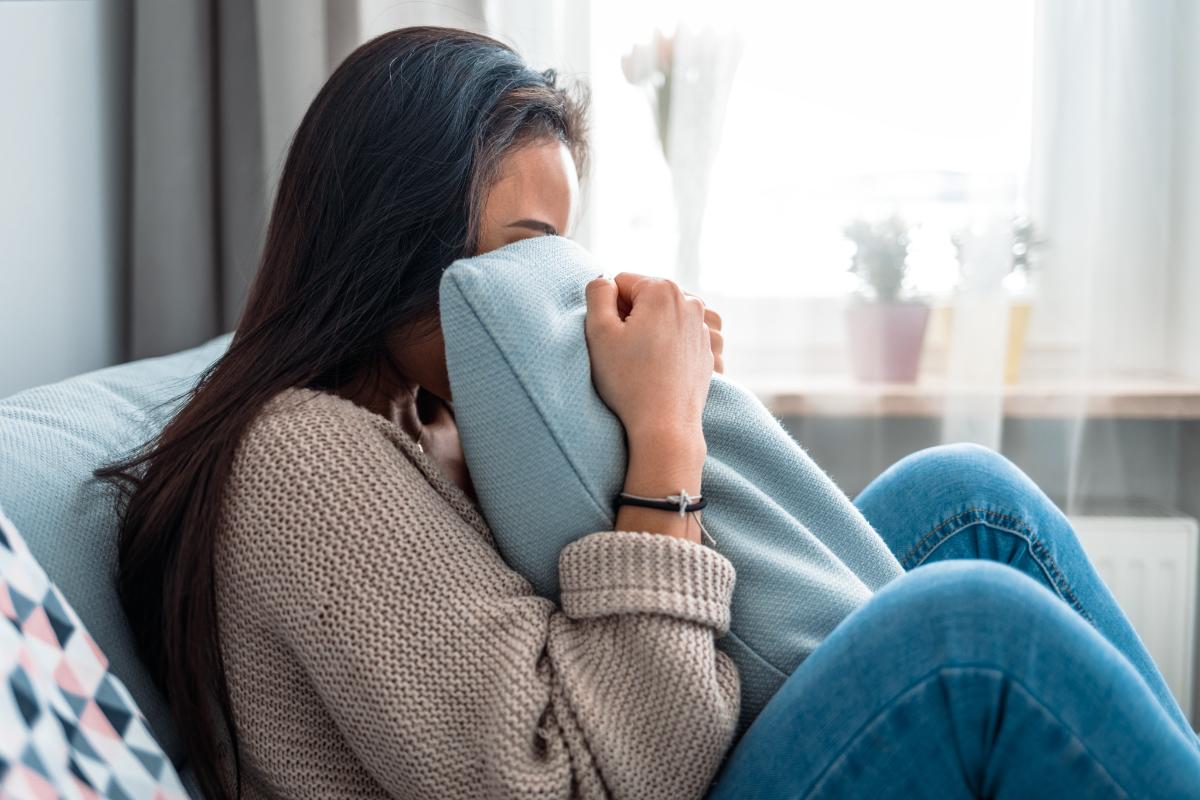It is quite common to have a co-occurring mental health condition alongside a substance use disorder. In fact, anxiety and panic attacks are often associated with withdrawal symptoms once someone stops using an addictive substance like alcohol. Anxiety disorders can be very disruptive and hinder the path to recovery. Panic attacks and anxiety from alcohol withdrawal can often trigger relapse. However, instead of relapsing and falling back into old habits that depend on addictive substances, medication-assisted treatment (MAT) can be employed with non-addictive medication to treat anxiety disorders associated with addiction treatment and recovery.
Women’s Recovery offers Colorado women struggling with alcohol use disorder (AUD) a Vivitrol program in Colorado. For information on how to handle panic attacks and anxiety from alcohol withdrawal through MAT, call Women’s Recovery at 833.754.0554.
Anxiety from Alcohol Withdrawal
Anxiety disorders can range in severity from slight agitation to complete panic attacks. For those battling a severe alcohol addiction, anxiety might rear its ugly head as a result of the withdrawal process. This can be challenging because, in trying to get healthy, you are experiencing a different stressor that now needs to be managed.
While panic attacks and anxiety share similarities, they do present differently.
- Panic attacks are more intense than an anxiety attack
- Panic attacks are quick and do not last long, while anxiety can linger for long periods of time
- Anxiety is usually brought on by stressors or triggers, while panic attacks sneak up unannounced
- While anxiety is experienced surrounding stressful situations, panic attacks are caused by an intense fear of something
Dual diagnosis programs and MAT can help treat anxiety and panic disorders from alcohol withdrawal.
Vivitrol Program in Colorado
Vivitrol is an injectable version of the drug naltrexone. It is used in MAT programs as it has been shown to be effective in treating addictions to opioids and alcohol. It is specifically highly effective for those battling a severe opioid addiction when used following detox alongside therapy. Vivitrol is FDA-approved for use in MAT and is one of the safest drugs out there for this purpose because of its non-addictive nature. While MAT has been available for some time now, in the past, the drugs used had to be more closely monitored, as they still had addictive tendencies.
Anxiety and Addiction Recovery
Once detox is complete and withdrawal symptoms are manageable, therapeutic treatment for an addiction can begin. Since anxiety can still linger following withdrawal, dual diagnosis treatment may be needed.
Dual diagnosis treatment can include:
- Cognitive-behavioral therapy (CBT) – A behavioral talk therapy that works to refocus on the positive and put the negative in the past.
- Trauma therapy – This practice works to address traumatic events from the past so that you feel less anxious when they come up and are better equipped to manage them without turning to drugs or alcohol.
- Group therapy, individual therapy, and family therapies – Healthy coping skills can be learned independently or with the help of peers and family.
- Medication-assisted treatment (MAT) – These medications can reduce cravings and relieve anxiety symptoms without the risk of becoming addicted.
- Behavior modification therapy – This approach uses operant conditioning to understand why someone acts in a certain way and then works to change the negative behavior.
Addiction treatment takes a holistic approach, incorporating a variety of therapeutic modalities to craft a personalized treatment plan unique to each person’s needs.
Contact Women’s Recovery to Start Addiction Treatment Today
Substance use disorders and mental health disorders tend to go hand in hand. However, anxiety and panic disorders may not surface until going through withdrawal from an addictive substance. Addiction treatment programs are well-versed in treating co-occurring disorders. Women’s Recovery offers dual diagnosis treatment for women struggling with addiction and anxiety in a comfortable, safe, and supportive environment.
Call Women’s Recovery at 833.754.0554 or reach out online for more information on addiction treatment.







